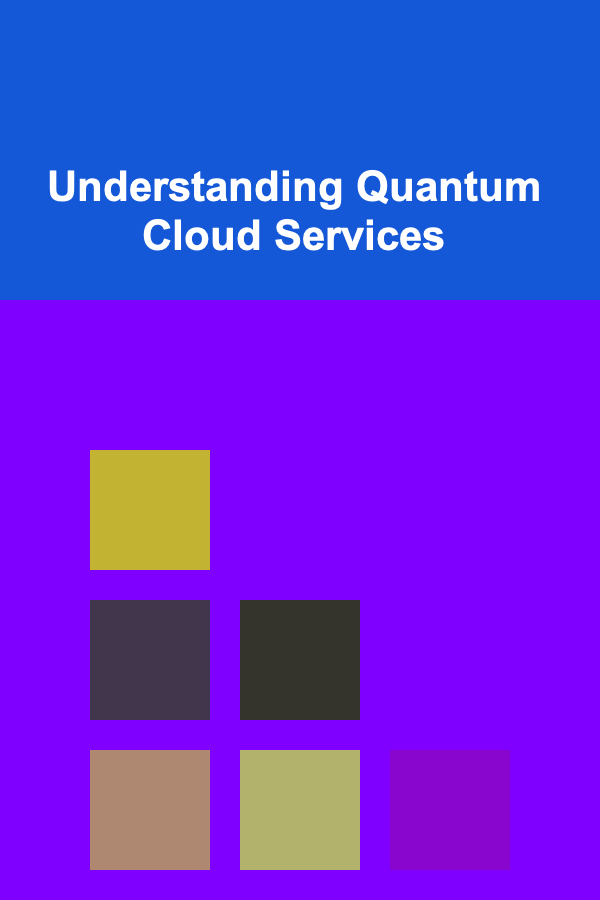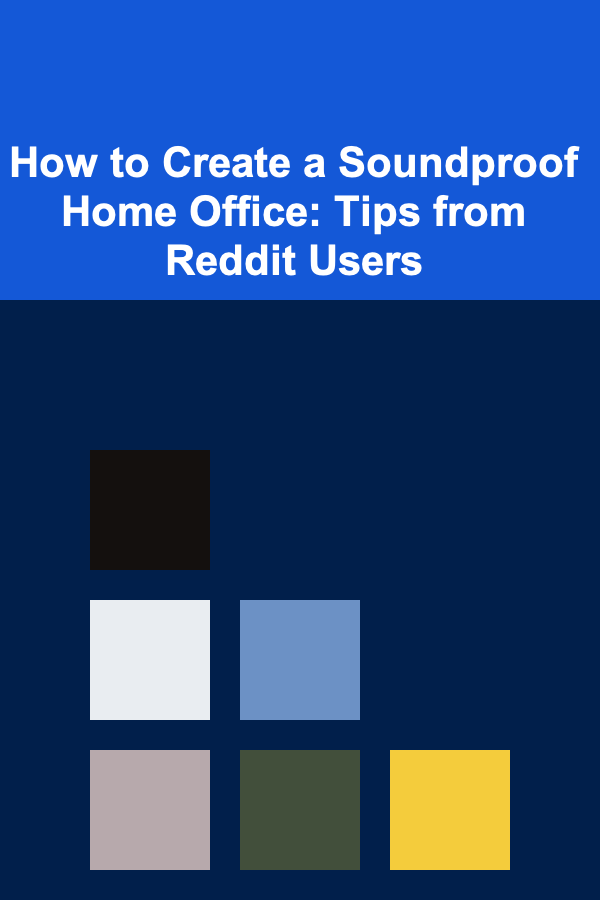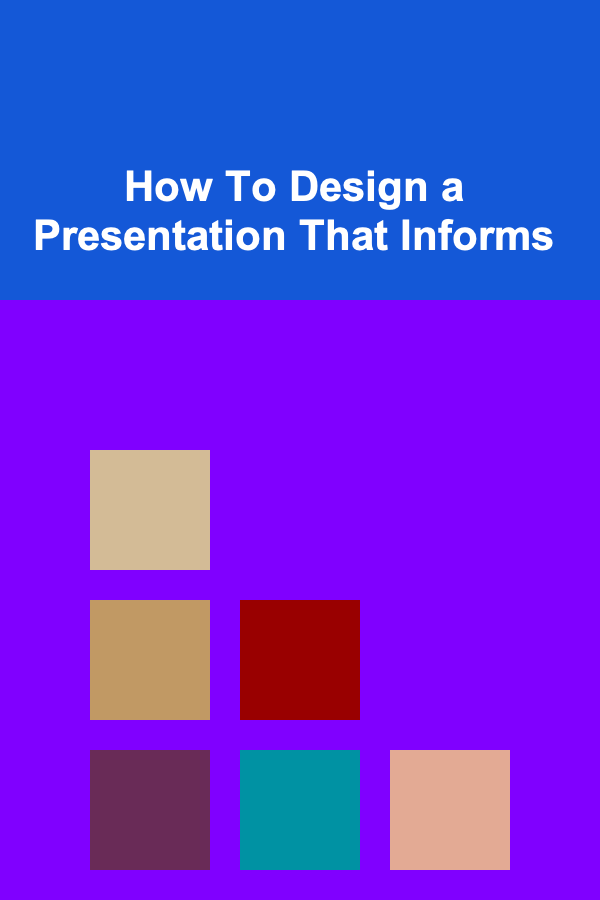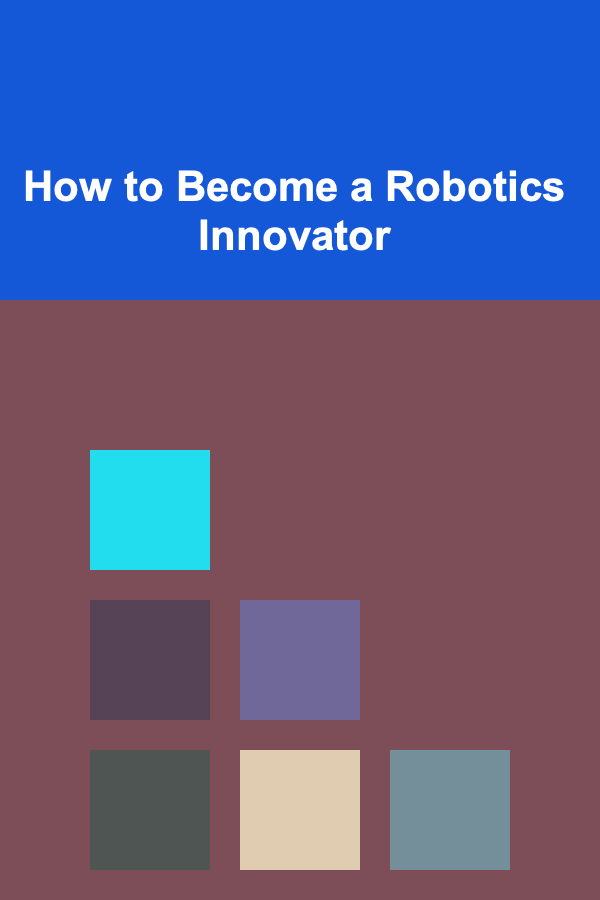
Understanding Quantum Cloud Services
ebook include PDF & Audio bundle (Micro Guide)
$12.99$7.99
Limited Time Offer! Order within the next:

Quantum computing, once a theoretical concept confined to research labs, is rapidly transitioning into a practical technology with the potential to revolutionize various industries. As quantum hardware becomes more sophisticated and accessible, the emergence of quantum cloud services provides a critical pathway for researchers, developers, and organizations to harness the power of quantum computation without the significant upfront investment in building and maintaining their own quantum infrastructure.
What are Quantum Cloud Services?
Quantum cloud services provide access to quantum computing hardware and software resources over the internet. Instead of purchasing and maintaining expensive, highly specialized quantum computers, users can remotely access these systems through a cloud platform. This model democratizes access to quantum computing, allowing a wider range of individuals and organizations to experiment with, develop, and deploy quantum algorithms.
These services typically offer a combination of:
- Quantum Hardware Access: Direct access to quantum processing units (QPUs), including superconducting qubits, trapped ions, or other quantum technologies. The specific type of QPU and its characteristics (e.g., number of qubits, coherence time, gate fidelity) will vary depending on the provider.
- Quantum Software Development Kits (SDKs): Tools and libraries for writing, compiling, and executing quantum programs. Popular SDKs include Qiskit (IBM), Cirq (Google), and Braket SDK (Amazon). These SDKs provide high-level abstractions that simplify the process of quantum programming.
- Quantum Simulators: Software programs that simulate the behavior of quantum computers on classical computers. Simulators are crucial for debugging quantum code, testing algorithms at smaller scales, and understanding the limitations of quantum hardware.
- Hybrid Quantum-Classical Computing Environments: Platforms that integrate quantum and classical computing resources, allowing users to offload computationally intensive tasks to the QPU while leveraging the strengths of classical computers for pre- and post-processing.
- Application Programming Interfaces (APIs): Interfaces that allow developers to integrate quantum computing capabilities into existing applications and workflows. APIs provide a standardized way to interact with quantum resources, simplifying the development process.
- Support and Documentation: Comprehensive documentation, tutorials, and technical support to help users understand and utilize the quantum cloud platform effectively.
Why Use Quantum Cloud Services?
There are several compelling reasons to consider using quantum cloud services:
- Accessibility: Quantum computers are extremely expensive to build and maintain. Cloud services eliminate this barrier, making quantum computing accessible to a broader audience. Organizations can experiment with quantum algorithms without making a massive capital investment.
- Scalability: Cloud providers can scale their quantum infrastructure as needed, providing users with access to more powerful quantum processors as they become available. This allows users to adapt to the rapidly evolving landscape of quantum hardware.
- Expertise: Running and maintaining quantum computers requires specialized expertise. Cloud providers handle the complex infrastructure and operational aspects, allowing users to focus on developing quantum algorithms and applications.
- Collaboration: Cloud platforms facilitate collaboration among researchers and developers, enabling them to share code, data, and insights. This accelerates the pace of quantum innovation.
- Cost-Effectiveness: Pay-as-you-go pricing models allow users to pay only for the quantum resources they use, making it a more cost-effective option than building and maintaining their own quantum infrastructure.
- Rapid Prototyping: Quantum cloud services enable rapid prototyping and experimentation with quantum algorithms. Users can quickly test different approaches and iterate on their designs without significant delays.
- Latest Hardware and Software: Cloud providers continually upgrade their hardware and software, giving users access to the latest advancements in quantum computing technology.
Key Quantum Cloud Providers
Several major players are currently offering quantum cloud services:
- IBM Quantum: IBM offers access to a range of superconducting qubit-based quantum computers through the IBM Quantum Experience. They provide a comprehensive ecosystem that includes hardware, software (Qiskit), simulators, and educational resources. IBM's roadmap focuses on scaling the number of qubits and improving their coherence and gate fidelity.
- Amazon Braket: Amazon Braket is a cloud service that provides access to quantum computers from multiple hardware vendors, including IonQ (trapped ions), Rigetti (superconducting qubits), and D-Wave (quantum annealing). Braket also includes a quantum simulator and provides a unified environment for developing and testing quantum algorithms.
- Google Quantum AI: Google offers access to its superconducting qubit-based quantum processors through Google Cloud. They provide the Cirq SDK for quantum programming and a range of simulation tools. Google's focus is on building fault-tolerant quantum computers.
- Microsoft Azure Quantum: Microsoft Azure Quantum provides access to quantum computers and simulators from various partners, including IonQ, Quantinuum (formed by the merger of Honeywell Quantum Solutions and Cambridge Quantum), and QCI (Quantum Computing Inc.). They also offer the Q# programming language and a suite of development tools.
- IonQ: IonQ is a company specializing in trapped-ion quantum computers. They offer cloud access to their quantum processors, which are known for their high fidelity and long coherence times. IonQ's systems are programmable using high-level languages.
- Rigetti Computing: Rigetti Computing is a company that builds superconducting qubit-based quantum computers. They offer cloud access to their quantum processors through the Forest platform. Rigetti focuses on developing a full-stack quantum computing solution.
Understanding Quantum Hardware Technologies
Quantum computers are built using various physical systems to represent and manipulate qubits. The most common technologies used in quantum cloud services include:
- Superconducting Qubits: Superconducting qubits are artificial atoms made from superconducting materials. They are controlled using microwave pulses and offer fast gate speeds. However, they require extremely low temperatures (close to absolute zero) to operate. IBM, Google, and Rigetti are major players in superconducting qubit technology.
- Trapped Ions: Trapped ions use individual ions (charged atoms) held in electromagnetic fields to represent qubits. They are controlled using lasers and offer high fidelity and long coherence times. IonQ and Quantinuum are leading companies in trapped-ion quantum computing.
- Quantum Annealing: Quantum annealing is a specialized type of quantum computing that is designed to solve optimization problems. It relies on finding the minimum energy state of a quantum system. D-Wave is the primary provider of quantum annealing systems. Note that quantum annealers are not universal quantum computers; they are designed for a specific class of problems.
Each technology has its own advantages and disadvantages in terms of qubit count, coherence time, gate fidelity, connectivity, and scalability. Understanding these trade-offs is crucial for choosing the right quantum hardware for a specific application.
Quantum Software Development Kits (SDKs)
Quantum SDKs are essential tools for writing, compiling, and executing quantum programs. They provide a high-level abstraction layer that simplifies the process of interacting with quantum hardware. Here are some of the most popular quantum SDKs:
- Qiskit (IBM): Qiskit is an open-source quantum computing SDK developed by IBM. It provides a comprehensive set of tools for building, simulating, and running quantum circuits on IBM's quantum hardware. Qiskit supports a variety of quantum algorithms and offers modules for different application areas, such as finance, chemistry, and machine learning.
- Cirq (Google): Cirq is an open-source quantum computing SDK developed by Google. It is designed to be flexible and allows users to work with different types of quantum hardware. Cirq provides tools for defining quantum circuits, optimizing them, and simulating their behavior.
- Braket SDK (Amazon): The Braket SDK is part of the Amazon Braket cloud service. It provides a unified environment for interacting with quantum computers from multiple hardware vendors. The Braket SDK supports a variety of quantum programming languages and frameworks.
- Q# (Microsoft): Q# (Q Sharp) is a quantum programming language developed by Microsoft. It is designed to be used with the Azure Quantum platform. Q# provides a high-level syntax for expressing quantum algorithms and offers tools for compiling and running quantum code on quantum simulators and hardware.
These SDKs typically include:
- Quantum circuit compilers: Tools that translate high-level quantum code into a sequence of gate operations that can be executed on a quantum computer.
- Quantum simulators: Software programs that simulate the behavior of quantum computers on classical computers.
- Libraries of quantum algorithms: Pre-built implementations of common quantum algorithms, such as Grover's algorithm and Shor's algorithm.
- Visualization tools: Tools for visualizing quantum circuits and the results of quantum computations.
Programming Paradigms for Quantum Computing
Quantum programming differs significantly from classical programming. Understanding the fundamental programming paradigms is crucial for developing effective quantum algorithms.
- Quantum Circuits: Quantum circuits are the fundamental building blocks of quantum programs. They are composed of quantum gates, which are unitary transformations that operate on qubits. Quantum circuits are typically represented graphically, with qubits represented as horizontal lines and gates represented as boxes.
- Quantum Algorithms: Quantum algorithms are sequences of quantum gates that are designed to solve specific computational problems. Examples include Grover's algorithm (for searching unsorted databases), Shor's algorithm (for factoring large numbers), and quantum simulation algorithms.
- Variational Quantum Algorithms (VQAs): VQAs are a class of hybrid quantum-classical algorithms that are used to solve optimization problems. They involve iteratively optimizing a quantum circuit using a classical optimizer. VQAs are particularly promising for near-term quantum computers.
- Quantum Machine Learning: Quantum machine learning explores the use of quantum algorithms to enhance machine learning tasks. Examples include quantum support vector machines (QSVMs) and quantum neural networks.
Applications of Quantum Cloud Services
Quantum cloud services have the potential to transform various industries, including:
- Drug Discovery and Materials Science: Simulating the behavior of molecules and materials is a computationally intensive task that can be significantly accelerated using quantum computers. This can lead to the discovery of new drugs, materials, and catalysts.
- Financial Modeling: Quantum computers can be used to optimize financial portfolios, detect fraud, and price complex derivatives.
- Optimization: Quantum annealing and other quantum optimization algorithms can be used to solve complex optimization problems in areas such as logistics, supply chain management, and scheduling.
- Cryptography: Quantum computers pose a threat to current encryption methods. Quantum key distribution (QKD) and post-quantum cryptography (PQC) are being developed to secure communications in the quantum era.
- Artificial Intelligence: Quantum machine learning algorithms can potentially improve the performance of machine learning models in areas such as image recognition, natural language processing, and recommendation systems.
Challenges and Limitations
Despite the significant progress in quantum computing, there are still several challenges and limitations that need to be addressed:
- Qubit Count and Coherence Time: Current quantum computers have a limited number of qubits, and the coherence time (the duration for which qubits maintain their quantum state) is relatively short. Building larger and more stable quantum computers is a major challenge.
- Gate Fidelity: Quantum gates are not perfect and introduce errors into quantum computations. Improving the fidelity of quantum gates is crucial for achieving fault-tolerant quantum computing.
- Connectivity: Qubits in a quantum computer are not always directly connected to each other. Limited connectivity can make it difficult to implement certain quantum algorithms.
- Programming Complexity: Quantum programming is more complex than classical programming. Developing effective quantum algorithms requires a deep understanding of quantum mechanics and computer science.
- Error Correction: Quantum computers are highly susceptible to noise and errors. Developing effective quantum error correction schemes is essential for building fault-tolerant quantum computers.
- Algorithm Development: While some quantum algorithms offer significant speedups over classical algorithms, it is not yet clear which problems are best suited for quantum computing. Further research is needed to develop new and improved quantum algorithms.
Getting Started with Quantum Cloud Services
If you are interested in exploring quantum cloud services, here are some steps you can take:
- Learn the Basics of Quantum Computing: Familiarize yourself with the fundamental concepts of quantum mechanics and quantum computing, such as qubits, superposition, entanglement, and quantum gates.
- Choose a Quantum Cloud Provider: Research the different quantum cloud providers and choose one that best suits your needs. Consider factors such as the type of quantum hardware offered, the availability of SDKs and tools, and the pricing model.
- Explore the SDK: Learn how to use the chosen provider's SDK to write, compile, and execute quantum programs. Start with simple examples and gradually work your way up to more complex algorithms.
- Experiment with Quantum Simulators: Use quantum simulators to test and debug your quantum code before running it on actual quantum hardware. Simulators can help you identify potential errors and optimize your algorithms.
- Run Experiments on Quantum Hardware: Once you are comfortable with the basics, try running your quantum programs on actual quantum hardware. This will give you a better understanding of the challenges and limitations of current quantum computers.
- Join the Quantum Community: Connect with other researchers, developers, and enthusiasts in the quantum computing community. Attend conferences, workshops, and online forums to learn from others and share your experiences.
- Contribute to Open-Source Projects: Contribute to open-source quantum computing projects, such as Qiskit and Cirq. This is a great way to learn more about quantum computing and contribute to the advancement of the field.
The Future of Quantum Cloud Services
Quantum cloud services are still in their early stages of development, but they are rapidly evolving. In the future, we can expect to see:
- More Powerful Quantum Computers: Quantum computers with more qubits, longer coherence times, and higher gate fidelities.
- Improved Quantum Software Tools: More user-friendly and powerful quantum SDKs and tools.
- Greater Integration with Classical Computing: Seamless integration of quantum and classical computing resources.
- New Quantum Algorithms and Applications: The discovery of new quantum algorithms and applications that can solve real-world problems.
- Wider Adoption of Quantum Computing: Increased adoption of quantum computing across various industries.
- Specialized Quantum Cloud Services: Cloud services tailored to specific application areas, such as drug discovery, financial modeling, and optimization.
- Quantum as a Service (QaaS): The widespread adoption of Quantum as a Service (QaaS) models, making quantum computing accessible to a much wider audience.
Conclusion
Quantum cloud services are revolutionizing the way we access and utilize quantum computing. By providing remote access to quantum hardware and software resources, they are democratizing access to this powerful technology and accelerating the pace of quantum innovation. While there are still challenges to overcome, the potential benefits of quantum computing are enormous. By understanding the fundamental concepts of quantum computing and exploring the capabilities of quantum cloud services, individuals and organizations can position themselves to take advantage of this transformative technology.

Effective Approaches for B2B Sales Executives: Closing Deals and Building Relationships
Read More
How to Create a Soundproof Home Office: Tips from Reddit Users
Read More
How to Use QR Codes for Quick Home Inventory Access
Read More
How To Design a Presentation That Informs
Read More
How to Become a Robotics Innovator
Read More
10 Tips for Planning a Pilates Program for Runners
Read MoreOther Products

Effective Approaches for B2B Sales Executives: Closing Deals and Building Relationships
Read More
How to Create a Soundproof Home Office: Tips from Reddit Users
Read More
How to Use QR Codes for Quick Home Inventory Access
Read More
How To Design a Presentation That Informs
Read More
How to Become a Robotics Innovator
Read More